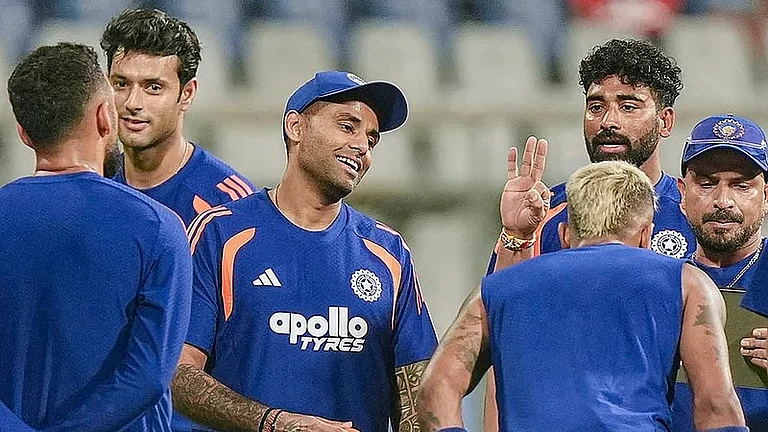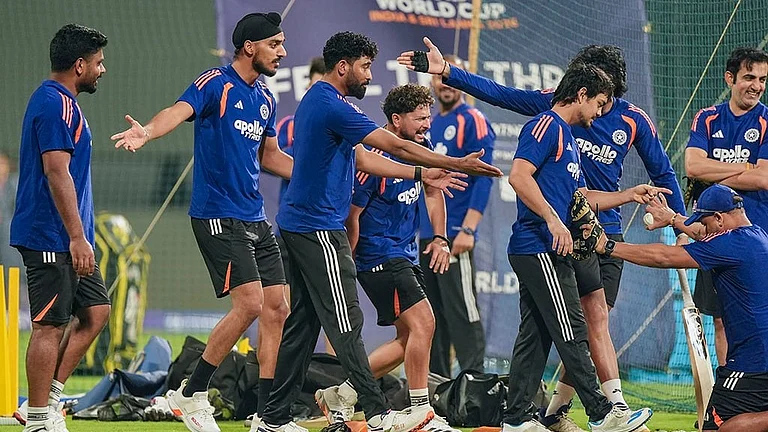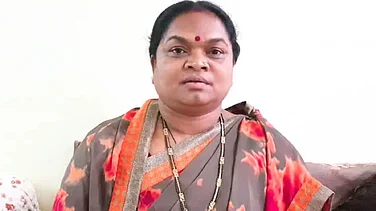“The rule of majority, when it becomes coercive, is as intolerable as that of a bureaucratic minority. We must patiently try to bring around the minority to our view by gentle persuasion and argument.”
I am reminded of Gandhi’s words at a time when 141 MPs have been suspended from the Parliament on the pretext of trooping into the well and bringing posters into the House. This day will go down in history as a black chapter in our Parliamentary democracy. For Gandhi, democracy was not a play of the majority. It was about protecting the rights of the minority. But the present government believes that if they have won elections then the minority views have no value.
The suspension of MPs points to the bigger malaise that has been inflicted on our body politic. Indian democracy was never perfect, but within the four walls of the Parliament, there always was mutual respect. Despite vast differences of opinion, divergent views were heard. But what we witness today is total contempt for the Opposition. The Opposition is branded anti-national, self-seekers, and those who are asking questions to the Prime Minister are considered to be indulging in blasphemy. There is a total communication breakdown. The Minister of Parliamentary Affairs whose job is to ensure smooth functioning of the House, accuses Opposition members on a daily basis.
Since when has it become a crime to demand that the Home Minister should come to the House and make a statement on an important subject like a breach of the parliamentary security? If this breach is termed a terrorist act as pronounced by the police, then it was even more important for the minister to come to the House and brief but he preferred to go to a TV channel and speak on the same subject. It has been the convention that once Parliament is in session, then no minister should speak outside the Parliament on matters related to the House and other policy issues. The Home Minister is either not aware of this parliamentary convention or he is deliberately trying to show contempt for the Opposition and in the process disrespecting the basic ethos of the Parliament.
I don’t know how much the prestige of the House and the dignity of the Parliament was enhanced when three very important bills, which have far-reaching consequences for the society, were passed without the presence of the Opposition members. Lawmaking is a serious business, it requires a rigorous scrutiny of the House and that is only possible if the apprehensions regarding the bills are discussed and accommodated. Lawmaking is not simply an act of passage of bills by majority members. It is not about bulldozing bills -- that reduces the Parliament to a rubber stamp.
Today, as a country we are witnessing a model of democratic Caesarism. Parliamentary democracy becomes infirm when one leader becomes too big, centralises, and thinks that he or she is indispensable for the party and consequently for the country. Jawaharlal Nehru, much before he became the Prime Minister, on the prospect of him becoming the President of the Congress for the third time, wrote, “He (Nehru) will become convinced that only he can bear this burden or tackle India’s problem ... no man must be allowed to think so. India can’t afford to have him as President of the Congress for a third year in succession.” He called it ‘Caesarism’.
History knows that Caesars around the world have used coercive means to subdue opposition of any kind. Since India is a democracy, therefore, the majority is used as a coercive tool to suppress the minority. Suspension of MPs is just a reflection of this mindset.
(Views expressed are personal )
Ashutosh is Editor, satyahindi.com and author of Hindu Rashtra


















